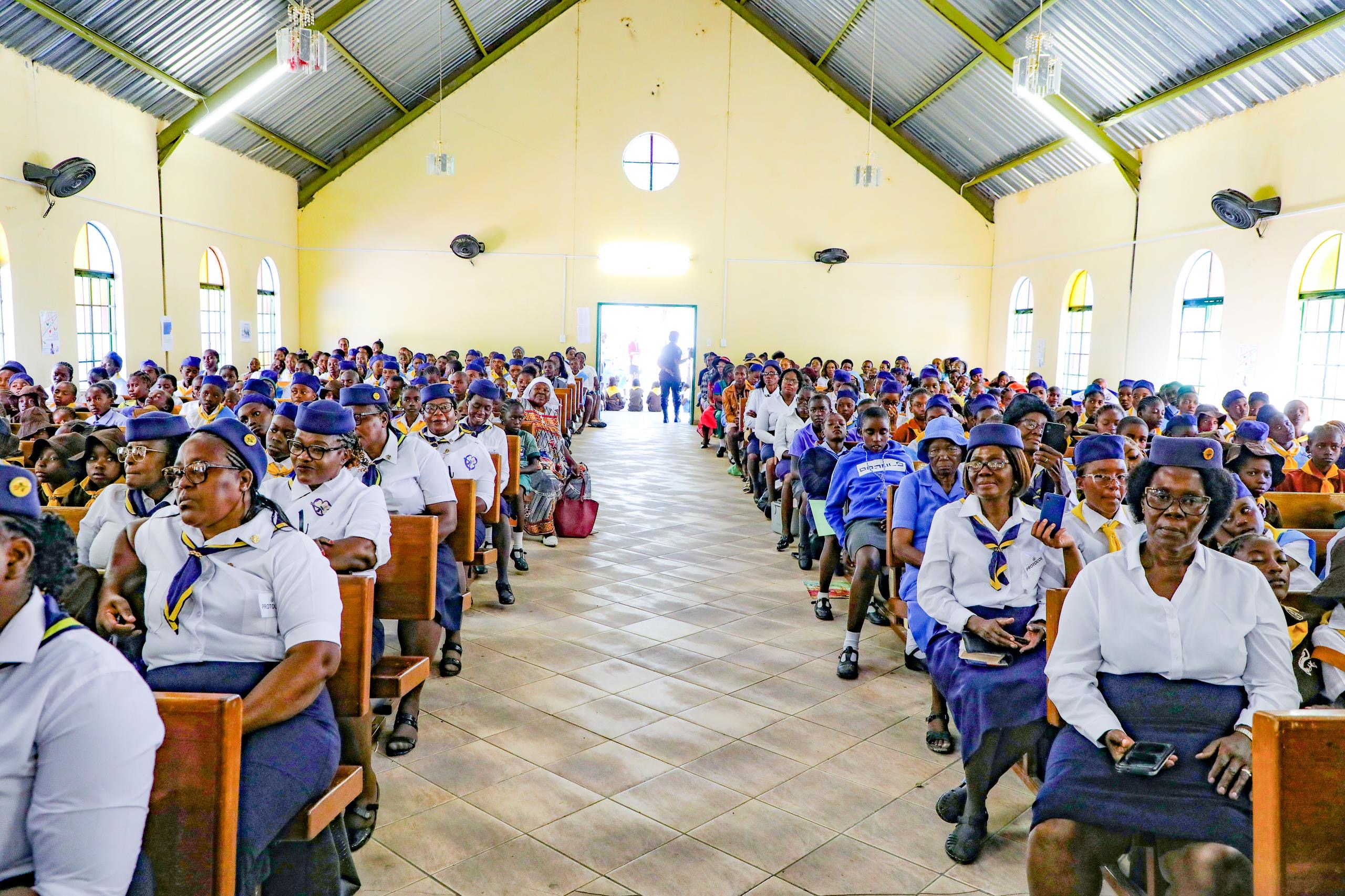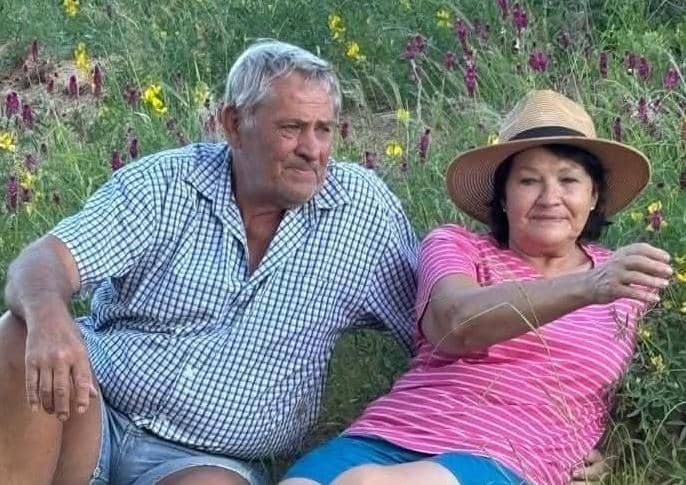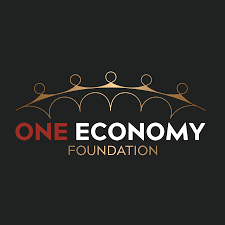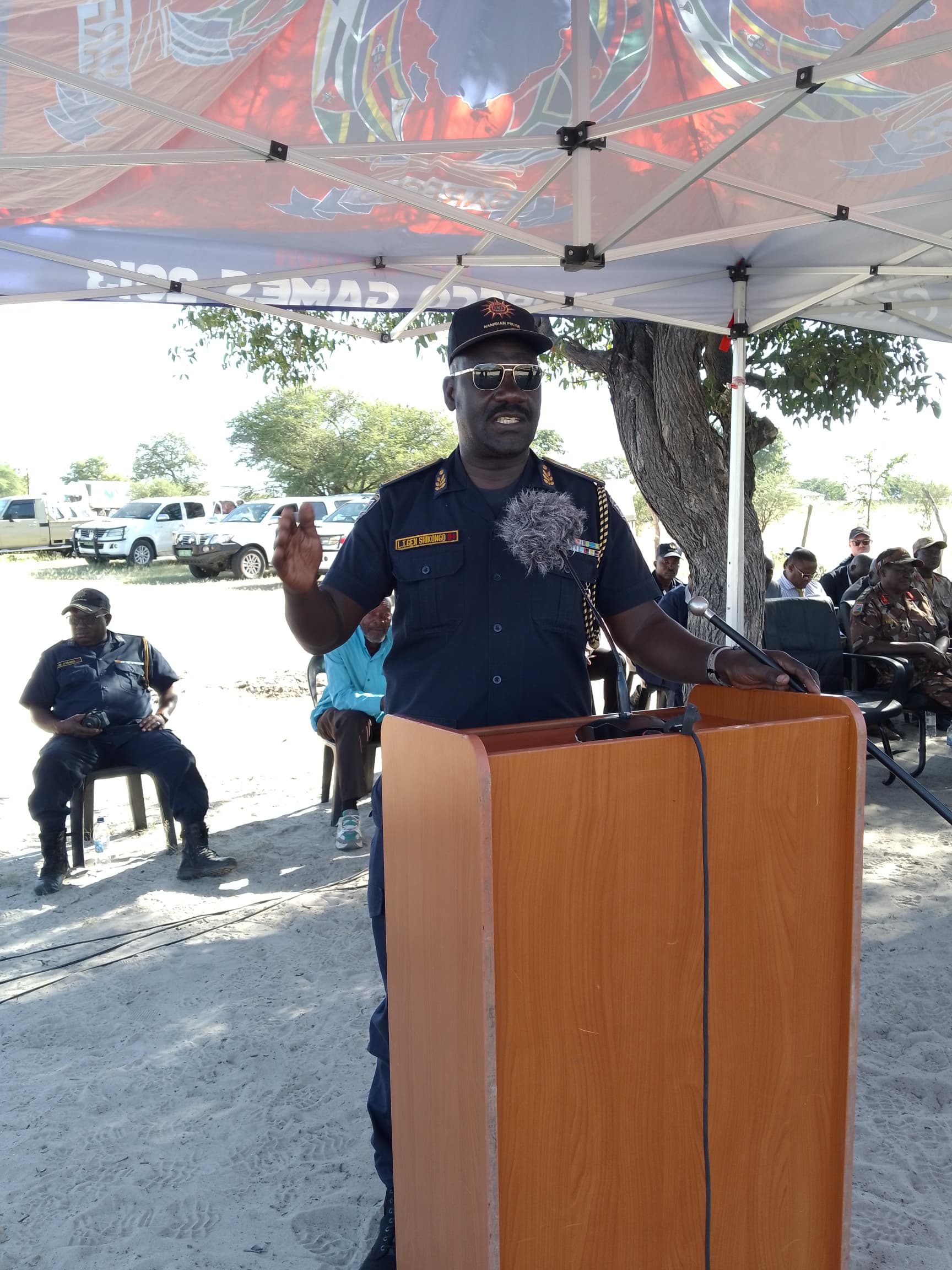GABORONE – Festus Mogae, who was yesterday named the recipient of the 2008 Mo Ibrahim prize for good governance in Africa, stood down as Botswana’s president in March after a decade in which his country cemented its status as one of Africa’s success stories.
Mogae (69), who handed over the reins of power to his long-time heir apparent Ian Khama, styled himself as the “chief executive” of a nation of around two million which enjoys one of the highest standards of living in Africa, despite fears over the spread of AIDS in the country. The southern African nation’s wealth is due in large part to it being the world’s largest producer of diamonds by value and by volume, yielding 34,3 million carats of the gemstones from its four open-cast mines in 2006.Former UN Secretary General Kofi Annan, who chairs the prize committee, said Mogae had used the mineral wealth to develop Botswana in the face of an AIDS pandemic.Annan said: “President Mogae’s outstanding leadership has ensured Botswana’s continued stability and prosperity in the face of an HIV-AIDS pandemic which threatened the future of his country and people.”He added: “Botswana demonstrates how a country with natural resources can promote sustainable development with good governance, in a continent where too often mineral wealth has become a curse.”Other African countries, such as Sierra Leone and the Democratic Republic of Congo, also have large stocks of diamonds but they have not been able to match Botswana’s achievements in keeping the benefits in-house.DIVERSIFICATION Mogae has also looked to diversify the country’s sources of wealth, encouraging companies to access large reserves of coal and opening Botswana to tourists thanks to its spectacular wildlife.A shrewd economist who previously headed Botswana’s central bank, Mogae made enemies among the unions over his reluctance to release the purse strings despite Botswana’s relative wealth.”The road to political expediency and populism may be lined with cheering crowds, but in the end, we cannot escape the cold hard facts of our limitations as a developing country,” he said in one of his last addresses to parliament.”As sure as the merrymaker must account for his excesses with a splitting hangover the morning after, an even harsher punishment awaits a nation that spends unwisely in pursuit of immediate gratification rather than sustainable development.”While Mogae was steadfast in his refusal to splash cash on pay rises, he lavished funds on the fight against AIDS.His concerns at one stage about the impact on Botswana of the AIDS pandemic, which has ravaged much of southern Africa, were so grave that Mogae warned in 2001 that “we are threatened with extinction”.Much of the money was spent on anti-retrovirals (ARVs) with around 85 percent of AIDS sufferers whose condition is at a stage where the drugs are recommended receiving them free of charge.But while he won praise from abroad for his record on AIDS, a lengthy court case over the rights of San Bushmen to live in the Kalahari desert attracted condemnation from international rights groups.Domestic opponents also say he should have done more to protect minority tribes.Mogae becomes just the second winner of the Mo Ibrahim award, the largest annually awarded prize in the world, with a cash prize of five million US dollars over 10 years and US$200 000 a year for life thereafter.Nampa-AFPThe southern African nation’s wealth is due in large part to it being the world’s largest producer of diamonds by value and by volume, yielding 34,3 million carats of the gemstones from its four open-cast mines in 2006.Former UN Secretary General Kofi Annan, who chairs the prize committee, said Mogae had used the mineral wealth to develop Botswana in the face of an AIDS pandemic.Annan said: “President Mogae’s outstanding leadership has ensured Botswana’s continued stability and prosperity in the face of an HIV-AIDS pandemic which threatened the future of his country and people.”He added: “Botswana demonstrates how a country with natural resources can promote sustainable development with good governance, in a continent where too often mineral wealth has become a curse.”Other African countries, such as Sierra Leone and the Democratic Republic of Congo, also have large stocks of diamonds but they have not been able to match Botswana’s achievements in keeping the benefits in-house.DIVERSIFICATION Mogae has also looked to diversify the country’s sources of wealth, encouraging companies to access large reserves of coal and opening Botswana to tourists thanks to its spectacular wildlife.A shrewd economist who previously headed Botswana’s central bank, Mogae made enemies among the unions over his reluctance to release the purse strings despite Botswana’s relative wealth.”The road to political expediency and populism may be lined with cheering crowds, but in the end, we cannot escape the cold hard facts of our limitations as a developing country,” he said in one of his last addresses to parliament.”As sure as the merrymaker must account for his excesses with a splitting hangover the morning after, an even harsher punishment awaits a nation that spends unwisely in pursuit of immediate gratification rather than sustainable development.”While Mogae was steadfast in his refusal to splash cash on pay rises, he lavished funds on the fight against AIDS.His concerns at one stage about the impact on Botswana of the AIDS pandemic, which has ravaged much of southern Africa, were so grave that Mogae warned in 2001 that “we are threatened with extinction”.Much of the money was spent on anti-retrovirals (ARVs) with around 85 percent of AIDS sufferers whose condition is at a stage where the drugs are recommended receiving them free of charge.But while he won praise from abroad for his record on AIDS, a lengthy court case over the rights of San Bushmen to live in the Kalahari desert attracted condemnation from international rights groups.Domestic opponents also say he should have done more to protect minority tribes.Mogae becomes just the second winner of the Mo Ibrahim award, the largest annually awarded prize in the world, with a cash prize of five million US dollars over 10 years and US$200 000 a year for life thereafter.Nampa-AFP
Stay informed with The Namibian – your source for credible journalism. Get in-depth reporting and opinions for
only N$85 a month. Invest in journalism, invest in democracy –
Subscribe Now!










